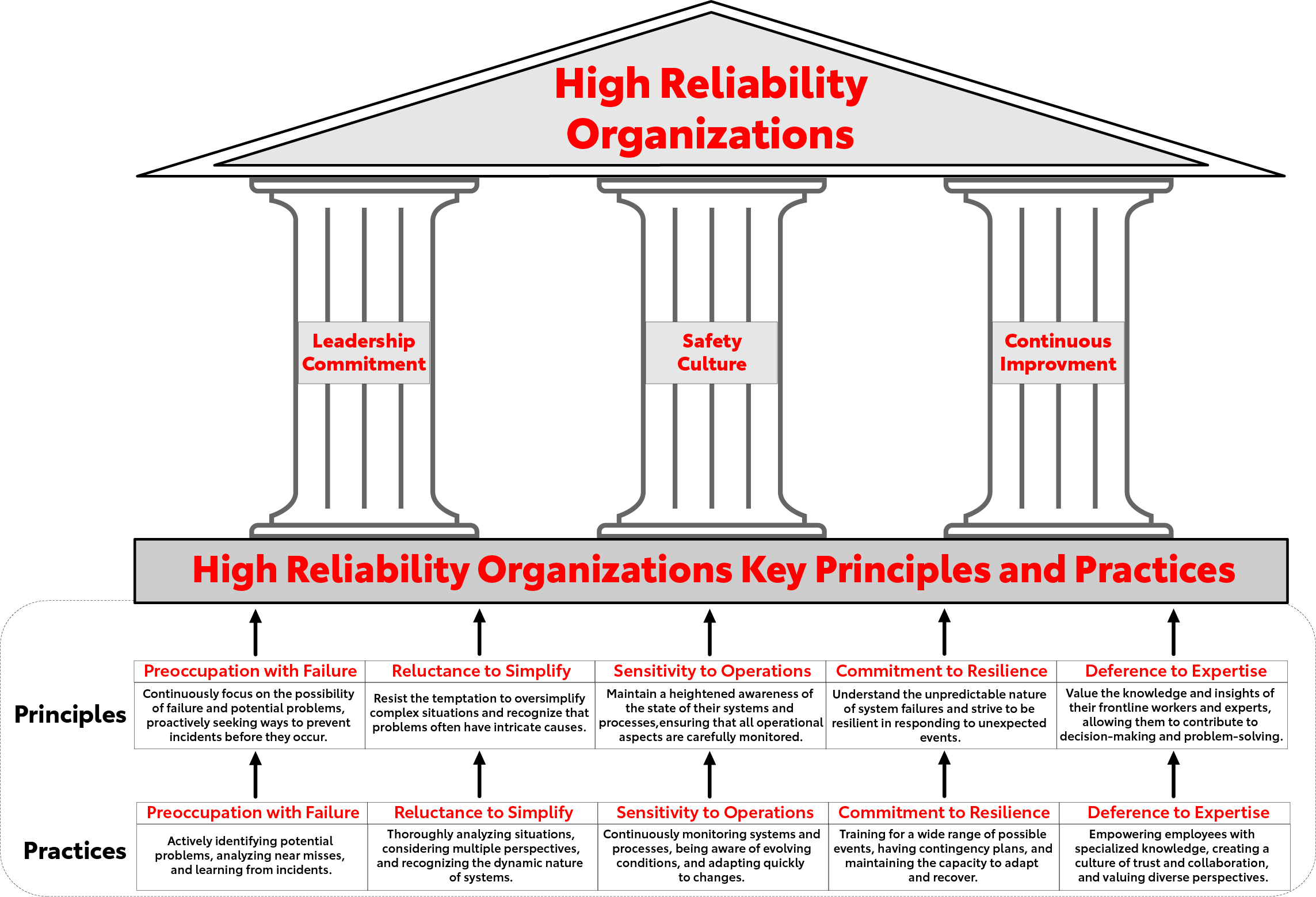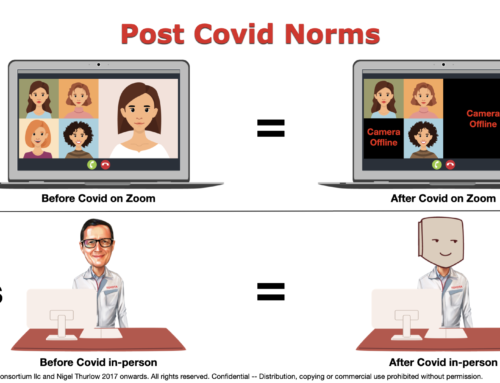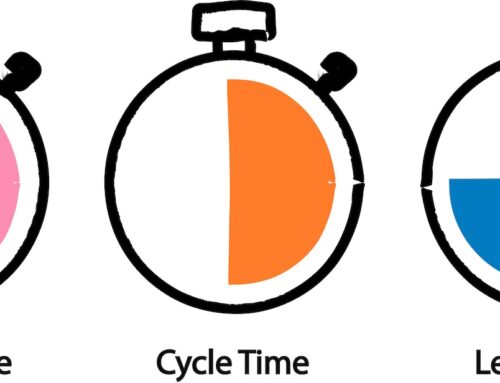Operational Context
In today’s fast-paced and complex business landscape, reliability isn’t optional—it’s essential. Whether in aviation, healthcare, manufacturing, or corporate leadership, organizations that consistently deliver safe, efficient, and effective outcomes distinguish themselves from the competition.
These organizations are known as High Reliability Organizations (HROs).
But what exactly makes an HRO different? And how can your business apply these principles to achieve sustainable success?
What is a High Reliability Organization?
A High Reliability Organization is an enterprise that operates in complex, high-risk environments but consistently achieves safe, error-free, and effective outcomes. The concept originated in sectors where failure has catastrophic consequences—such as aviation, nuclear power, and healthcare—but today, it is applied across industries seeking operational excellence.
HROs are not immune to risk. Instead, they are designed to anticipate, detect, and respond to potential failures in real time.
Why HROs Matter in Modern Business
The relevance of HRO principles extends beyond life-or-death industries. In Southeast Asia’s rapidly growing economies—Singapore, Kuala Lumpur, Jakarta, and Manila—businesses are scaling faster than ever. But growth often introduces complexity, and with complexity comes increased risk of errors, miscommunication, and operational breakdowns.
For organizations looking to scale sustainably, avoid costly mistakes, and build long-term resilience, the principles of HROs offer a proven roadmap.
The Five Core Principles of High Reliability Organizations
- Preoccupation with Failure: Constant awareness of possible failures and proactive learning from mistakes.
- Reluctance to Simplify: Avoiding oversimplified solutions and digging deeper into complex problems.
- Sensitivity to Operations: Maintaining real-time awareness and empowering frontline staff.
- Commitment to Resilience: Training teams to adapt quickly and recover from disruptions.
- Deference to Expertise: Basing decisions on knowledge and expertise, not hierarchy.
Benefits of Becoming a High Reliability Organization
- Fewer errors and incidents
- Improved operational efficiency
- Higher customer satisfaction and trust
- Enhanced employee engagement and accountability
- Increased adaptability in uncertain environments
How to Start Building High Reliability
- Assess your current culture and processes
- Train leadership and teams on HRO principles
- Implement structured feedback loops
- Partner with experienced coaches and consultants
Final Thoughts
High Reliability Organizations don’t eliminate risk—they manage it intentionally and effectively. By fostering a culture of learning, resilience, and operational excellence, HROs create environments where both people and businesses can thrive.
If you’re ready to embed these principles into your organization, reach out today. We specialize in helping leaders and teams implement proven systems for high performance and lasting results. Book a 15 minute discovery call here.



